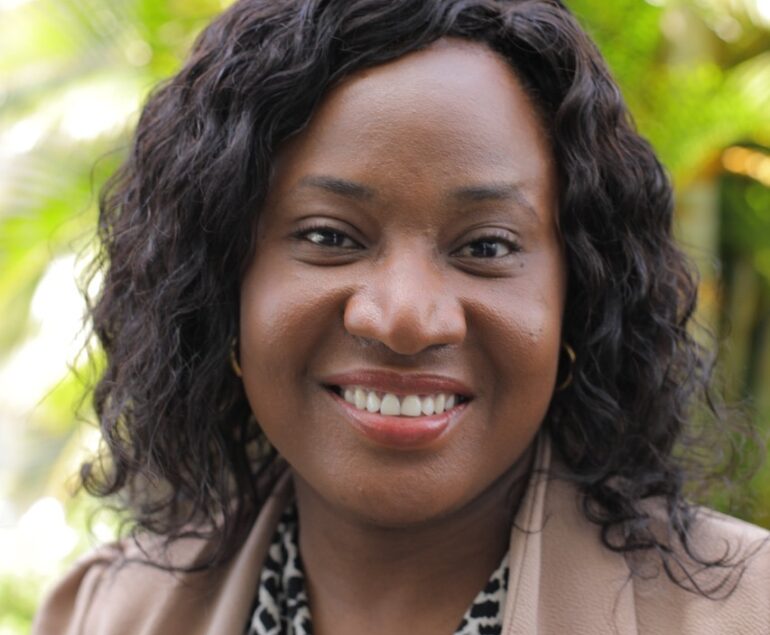Depression
Clinical depression, also known as major depressive disorder (MDD), is a serious mental health condition characterized by persistent and intense feelings of sadness, hopelessness, and a lack of interest or pleasure in almost all activities. It goes beyond the occasional blues or the normal responses to life’s challenges and significantly impacts daily functioning and quality of life. Here’s a brief overview:
Key Symptoms
To be diagnosed with clinical depression, an individual typically experiences several of the following symptoms most of the day, nearly every day, for at least two weeks:
- Persistent Sadness: A deep sense of sadness, emptiness, or hopelessness.
- Loss of Interest: Markedly diminished interest or pleasure in all, or almost all, activities once enjoyed.
- Changes in Appetite or Weight: Significant weight loss or gain unrelated to dieting.
- Sleep Disturbances: Insomnia (difficulty sleeping) or hypersomnia (excessive sleeping).
- Fatigue or Low Energy: Persistent tiredness or lack of energy, even with adequate rest.
- Feelings of Worthlessness or Guilt: Excessive or inappropriate guilt, or feelings of worthlessness.
- Difficulty Concentrating: Trouble with focusing, making decisions, or remembering things.
- Psychomotor Changes: Observable restlessness or slowed movements.
- Thoughts of Death or Suicide: Recurrent thoughts of death, suicidal ideation, or suicide attempts.
Causes and Risk Factors
Clinical depression is often caused by a complex interplay of genetic, biological, environmental, and psychological factors, including:
- Genetics: Family history of depression increases the risk.
- Brain Chemistry: Imbalances in neurotransmitters, such as serotonin, dopamine, and norepinephrine.
- Hormonal Changes: Such as those associated with pregnancy, postpartum, menopause, or thyroid issues.
- Life Events: Traumatic or stressful events, such as the loss of a loved one, job loss, or relationship problems.
- Chronic Illnesses: Conditions like diabetes, heart disease, or chronic pain.
Treatment
Effective treatment for clinical depression typically involves a combination of approaches:
- Medication: Antidepressants can help correct chemical imbalances in the brain.
- Psychotherapy: Cognitive-behavioral therapy (CBT), interpersonal therapy (IPT), and other forms of talk therapy can help individuals understand their thoughts and behaviors, develop coping strategies, and address underlying issues.
- Lifestyle Changes: Regular exercise, a healthy diet, adequate sleep, and stress management techniques can improve symptoms.
- Support Systems: Support from family, friends, or support groups can provide emotional comfort and encouragement.
Seeking Help
If you or someone you know is experiencing symptoms of clinical depression, it’s important to seek professional help. Early intervention and appropriate treatment can significantly improve outcomes, helping individuals manage their symptoms and regain a sense of well-being and normalcy. Remember, depression is a medical condition, not a sign of weakness, and effective treatments are available.
Reach out Today!!
Start your journey to better




